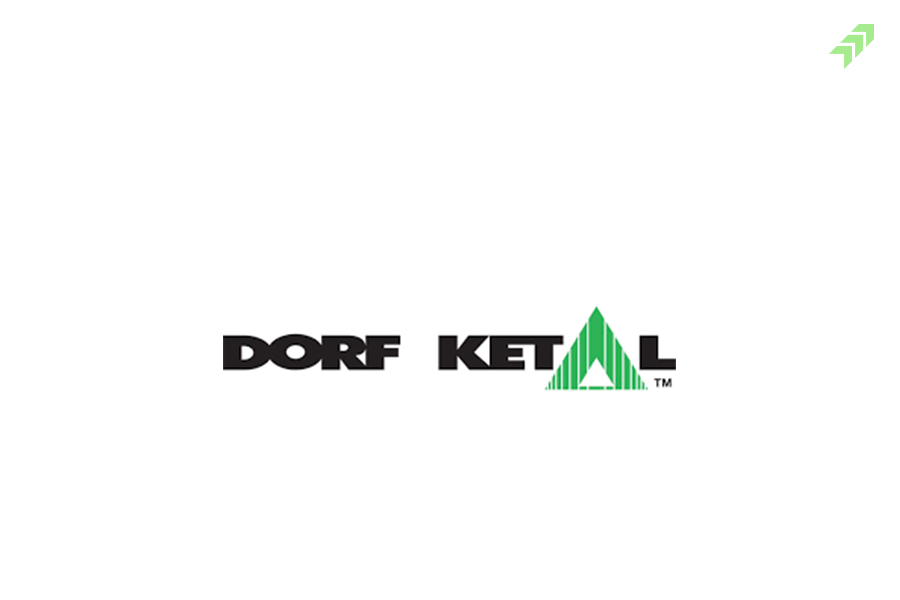Indexation
Because all income in India is taxed, you risk losing a significant portion of your gains by paying taxes on such income. Indexation is a method of adjusting an investment's purchase price to reflect the effect of inflation. Indexation adjusts the price of an asset to reduce your overall tax liability. It helps you save and prevent you from draining your returns in the form of taxes. Indexation is applicable on long-term investments, which include debt fund and other asset classes.
Before we can understand how indexation can help investors, we must first understand two other concepts: inflation and capital gains.
What is inflation?
Inflation is the increase in the overall cost of goods and services in an economy. As the price level starts to rise, each unit of money purchases fewer goods and services. Inflation thus corresponds to a decrease in the purchasing power of money. Inflation acts as a hidden tax on citizens' pockets. The significance of inflation can be seen in the fact that most major central banks' mandates are to maintain price stability by controlling price inflation.
Some of the factors which causes inflation are mentioned below
- Demand-pull inflation
Here comes the demand-supply lesson. When too many people chase few goods, the prices of that product will increase according to its market demand. Demand-pull inflation exists when demand for a good or service outstrips supply of that product. When demand exceeds supply, price pressure rises, resulting in inflation. Government spending, economic growth, easy monetary policy is some of the factor which could lead to demand pull inflation - Cost- push inflation
Cost-push inflation also known as wage-push inflation occurs when overall prices of wages and raw materials go up. Cost-push inflation can occur when higher costs of goods and services and factors of production decrease the supply in the economy. To save the company from taking hit on profits, the increase in cost of manufacturing is passed on to consumers in form of higher goods and services prices. Some of the factors which could result in cost push inflation are foreign exchange rates, taxes, wage inflation, etc - Increases money supply
According to famous American economist “Inflation is always and everywhere a monetary phenomenon in the sense that it is and can be produced only by a more rapid increase in the quantity of money than in output.” The total amount of money in circulation, which includes cash, coins, bank accounts, is defined as increased money supply. Inflation may occur if the money supply grows faster than the economy’s ability to produce goods and services - Devaluation
Devaluation of currency acts as a plus point for export Driven economy. It is the downward adjustment in a country's exchange rate that results in lower values for its currency. Currency depreciation makes a country's exports less expensive, encouraging foreign nations to purchase more of the devalued goods. Here come the twist, Devaluation also raises the price of foreign products in the devaluing country, encouraging citizens to prefer domestic products over foreign imports. Consider India, which meets its energy needs by importing crude and natural gas from other countries. Currency depreciation could help them become more competitive in exports, but the gain would be offset by higher import bills
What is capital gain?
Capital gains are the increases in the value of a capital asset when an investor sells that asset. A capital gain occurs on selling an asset when funds received are more than what investor paid to acquire it. House, cars, land, building, shares, bonds, collectibles and even art are examples of capital assets. There are two types of capital gains:
Long term capital gain (LTCG)
There are some investments that provide good returns over time. Long-term capital gains (LTCG) are investments that provide returns over a longer period of time. Long term capital gains are any investments that provide returns in the range of one to three years. If an investor holds an investment for three years before transferring or selling it, the returns on the investment at the time of transfer or sale are considered a long-term capital gain, such as property, land, mutual funds, and so on. Currently, in India, any gains realised and classified as LTCG (equity & equity MF) are tax-free for the first Rs 1 lakh and taxed at 10% if the LTCG for the year exceeds Rs 1 lakh
Short term capital gain (STCG)
Short term capital gain is any capital profit gained by an individual from the sale of short term capital assets. Short term capital assets refer to any asset owned by investors for under than 36 months from date of initial transfer but in case of stocks that are listed on a recognized stock exchange, the time period has been reduces to 12 months.
Assume you purchased a property in 2015 for Rs 5 lakhs and sold it in 2019 for Rs 35 lakhs. If the tax authorities calculate the capital gains on this profit, you will have to pay LTCG on a Rs 30 lakh profit. With the indexation benefit in place, the cost of acquisition would rise in proportion to the increase in inflation. The indexed price obtained is used to calculate capital gains, which are then taxed at the applicable rates


















No comment yet, add your voice below!